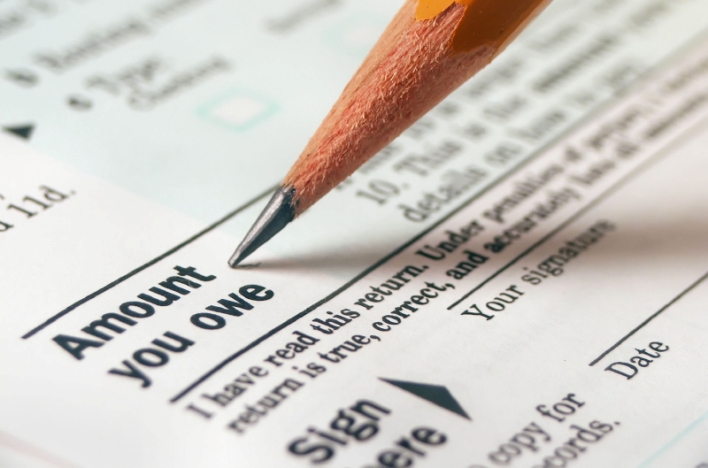Because Congress passed extended tax depreciation legislation in December, companies that put new equipment and certain other business property into service last year can take the available deductions and get welcome tax relief when they file 2014 taxes.
On the other hand, businesses that act hastily may put themselves in position to suffer negative tax impacts in future years, and could even create problems with their banks.
Congress created this complex scenario by, once again, extending generous tax depreciation rules through the end of 2014 in the form of enhanced Section 179 deductions and 50 percent bonus depreciation.
Differences Between Depreciation Options
Both Section 179 expensing and bonus depreciation affect the timing of when you can deduct the cost of certain property used in your business. They do, however, have several key differences.
Under Section 179, businesses may immediately deduct all or any portion of the purchase cost of up to $500,000 in qualified asset purchases made in 2014. The level of deductions declines when purchases exceed $2 million. Qualified assets include most tangible personal property, such as equipment and certain real property improvements.
Bonus depreciation, on the other hand, allows businesses to immediately deduct one-half of the purchase cost of any amount of qualified assets placed in service last year.
Bonus depreciation applies only to new assets, whereas Section 179 expensing applies to both new and used assets. Also, bonus depreciation provisions are much less flexible. Under bonus depreciation, a business owner must choose to apply the bonus to all the qualifying assets purchased during the year in each IRS-prescribed asset class. Under the Section 179 provision, a business owner, at his or her discretion, can elect to apply the deduction to some individual assets and not others.
The Potential Price of Deducting
Businesses must determine whether it is beneficial for them to deduct qualified expenses up front, or whether it would be better to deduct the cost of those assets under normal depreciation that stretches over several years.
We are often asked what factors to consider when making this decision. The tax rate, for one. The federal income tax rate structure has become very progressive—meaning that the lowest rates are very low and the highest are very high. Businesses won’t want to max out on deductions for tax year 2014 if they expect to be in higher rates in the next few years. If that’s your situation, you will derive more savings in the long run if you put off the depreciation until your tax rate is higher.
Then there are financial covenants to consider. A typical debt covenant with a bank limits the amount of money business owners can take out of their businesses for expenses such as taxes. Heightened depreciation in 2014 will lead to less depreciation and higher taxes in 2015, 2016 or 2017, and could create the need for a business owner to take more money out of the company to pay the taxes in those years. If that is necessary, it may lead to problems if the bank concludes that the owner is drawing too much money out of the business.
To prevent such problems, business owners who use 179 or bonus depreciation in 2014 should consider taking extra cash out of the company now to pay higher taxes that may come due in future years.
And, while businesses are deciding the best way to deal with the most recent legislation, they also must deal with additional changes and uncertainties.
The Depreciation Outlook
The Section 179 deduction—$500,000 for tax year 2014—was enacted as part of a law that expired at the end of 2014. Under that law, the available Section 179 deduction in 2015 has been cut to only $25,000, and the bonus depreciation is completely eliminated. Whether Congress will be able to draft legislation in 2015 that will be approved by the administration is anyone’s guess.
So, to make the best of a fluid situation, business owners must take stock of their business asset needs, tax rates and financial covenants. They should consider what their situation will be two, three and four years from now as well as today, and plan accordingly. Those who cannot perform this kind of analysis on their own should seek expert advice.
Arming themselves with the necessary information will enable business owners to choose the depreciation strategy that will work best for them this year and in years to come.


